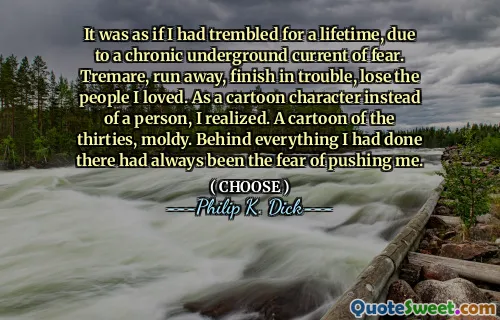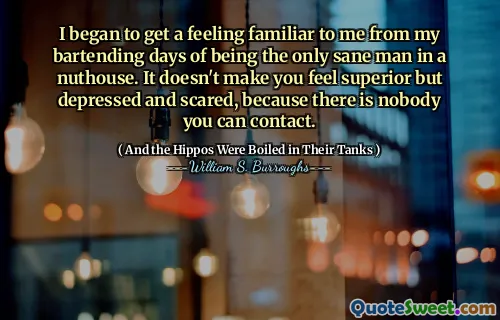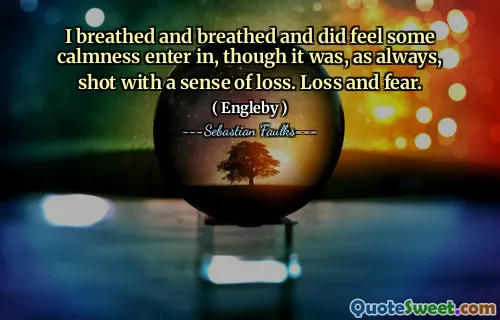What gives value to travel is fear. It is the fact that, at a certain moment, when we are so far from our own country … we are seized by a vague fear, and an instinctive desire to go back to the protection of old habits … this is why we should not say that we travel for pleasure. There is no pleasure in traveling, and I look upon it more as an occasion for spiritual testing … Pleasure takes us away from ourselves in the same way as distraction, in Pascal's use of the word, takes us away from God. Travel, which is like a greater and a graver science, brings us back to ourselves.
Albert Camus suggests that the essence of travel is not pleasure, but rather the experience of fear and the instinctive pull towards the comfort of familiarity. He implies that when we venture far from home, we encounter a sense of unease that leads to a desire to return to our old ways. This fear is a catalyst for reflection and self-discovery, indicating that travel is less about enjoyment and more about confronting one's own vulnerabilities.
Moreover, Camus views travel as a form of spiritual examination rather than mere escapism. He argues that unlike pleasure, which can distract us from our true selves and deeper truths, travel demands introspection and a reconnection with our identity. Thus, the value of traveling lies in its ability to challenge us and bring us face to face with our inner selves, pushing us to grow and evolve through the discomfort it brings.





